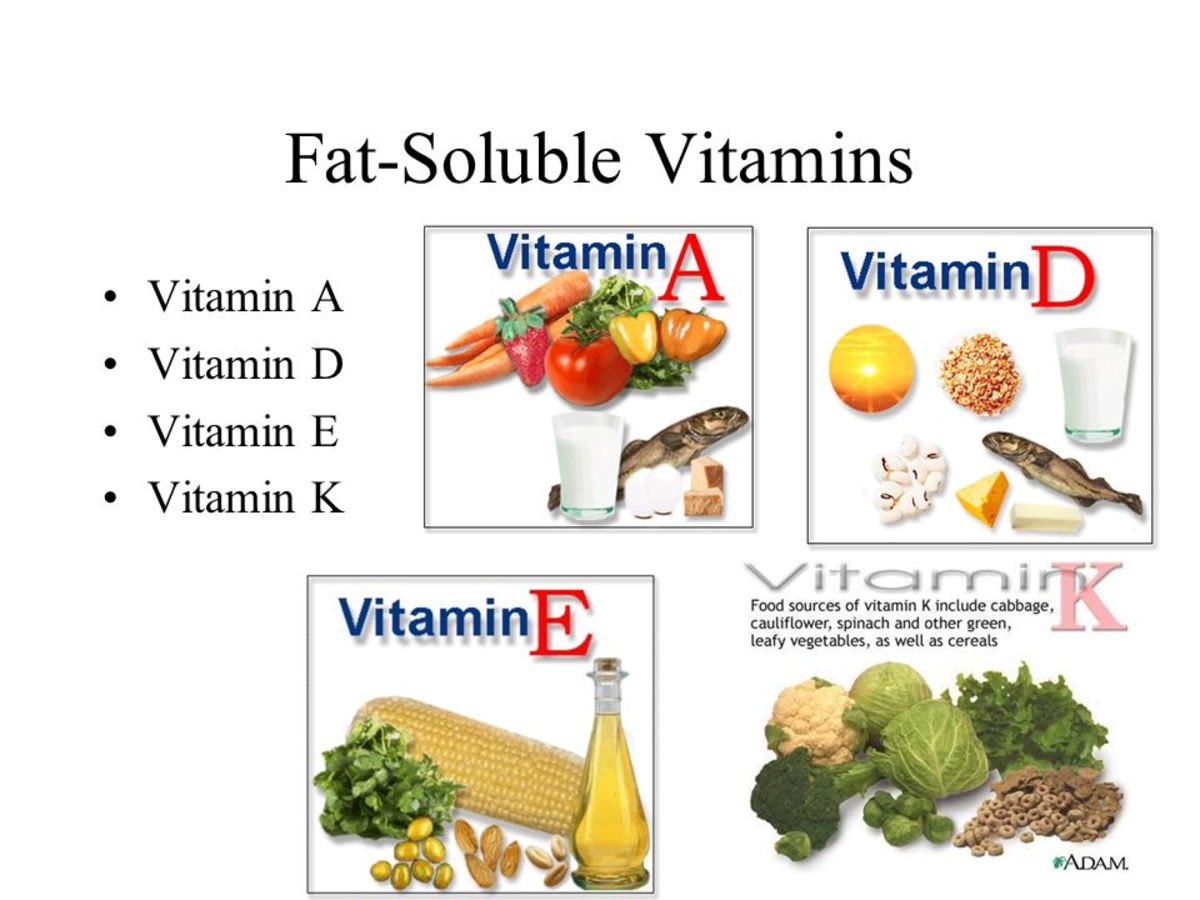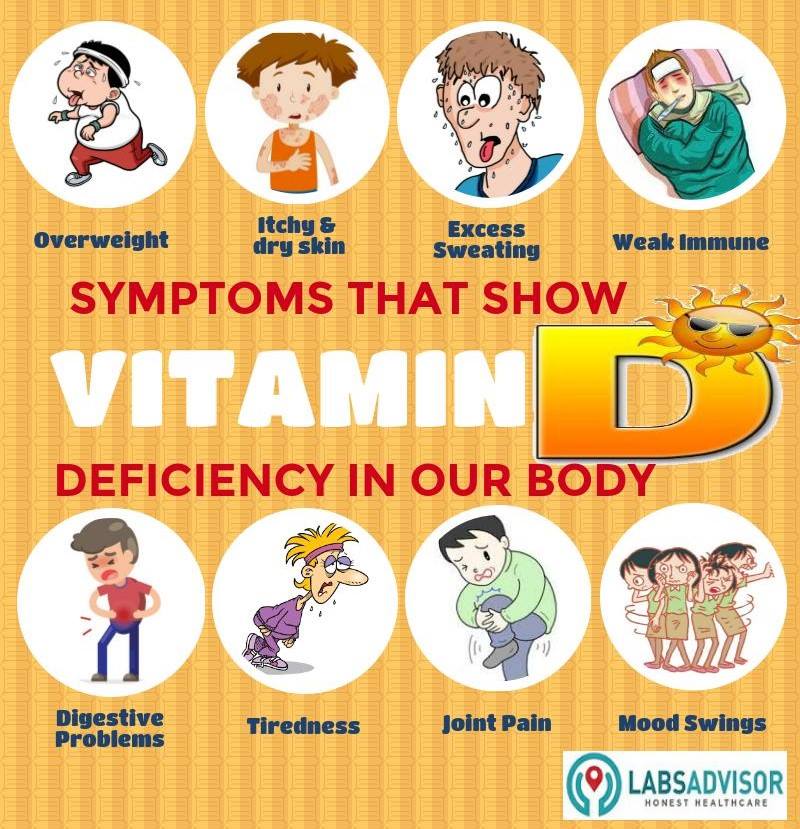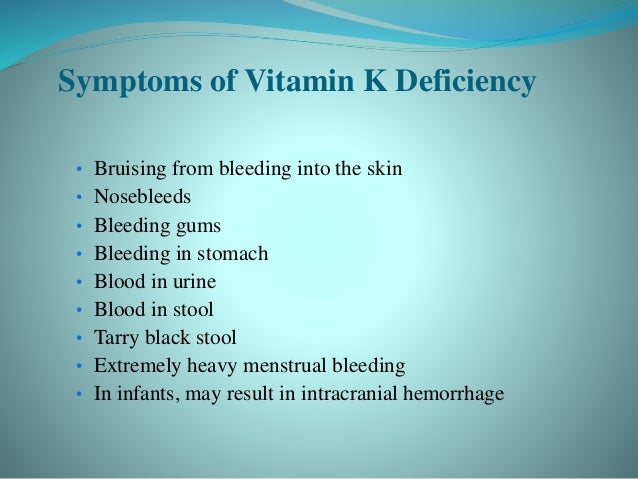Protective Micro-nutrient - Fat Soluble Vitamins ( Part 1)
Protective Micro-nutrient - Fat Soluble Vitamins
(Part 1 )
Food contain two type of nutrients : Macro-nutrients and Micro-nutrients. My earlier blog was based on three important Macro-nutrients i.e. Carbohydrates, Fats and Proteins. Apart from this, there are nutrients that are equally essential for the body but are required in very small amount. These are called Micro-nutrients - Vitamins and Minerals.
Vita means 'Important' and mins means 'required in minimum amount'. Vitamins protect our body from various deficiency disorders. Hence, they are called Protective foods.
Classification
Vitamins are divided into two main groups-
- Fats soluble vitamins ( Vitamin A, D, E and K)
- Water soluble vitamins (B - complex vitamins and Vitamin C)
Fats soluble vitamins :-

Vitamins A, D , E and K are Fat soluble vitamins.
Characteristics :-
- They are soluble in fats. Thus fats is needed for its absorption.
- Excess of this vitamins are stored in the liver.
- Vitamin A is essential for maintainance of normal vision in dim light.
- It is also known as an anti-infective vitamin, as it enables the body to resist infections by maintaining normal structure of the organs.
- It is essential for healthy skin as well as mucous membranes, which line the eyes, mouth, alimentary canal, salivary glands, respiratory and genito - urinary tracts.
- It is essential for growth of skeletal cells.
- It is necessary for supporting the normal functioning of reproductive system in both males and females.
Sources:-
Plant Sources :-
- Green Leafy Vegetables - Methi, Spinach, Radish leaves, etc.
- Yellow and Orange coloured Vegetables - Mangoes, Papayas, Carrot, Pumpkin, etc.
- Cod liver oil, Eggs yolk.
- Fleshy food like Fish and Liver.
- Milk and milk products like Butter, Vanaspati ghee, etc.
Deficiency:-
Some diseases related to deficiency of Vitamin A are Night blindness, Xeropthalamia, Conjuctival xerosis, Bitot's Spot, Corneal xerosis and Keratomalacia.
Vitamin D (Sunlight Vitamins)
- Vitamin D plays an important role in absorption of calcium from digested food. This is used for bone growth and to maintain bone strength.
- It also helps for cell growth and play roles in proper functioning of our nerves and immune systems.
- It reduces inflammations which is turning out to be important for the prevention of chronic disease.
- It stimulates insulin secretion, thus helps to control blood sugar level.
Morning Sunlight:-
- We can receive the required daily dose of vitamin D from exposure to the morning sun between 11am to 1pm for atleast half an hour with 40% of our body exposed. This practiced should be repeated 2-3 times a day. ( Note :- The wavelength of ultra violet B rays is 290 - 320nm during this period is essential for skin to make vitamin D)
- No sun block cream should be applied on body during this time.
- From traditional point of view, one can do asanas such as Surya Namaskar (Sun salutation) and also traditional malish (applying oil all over the body while sitting in the sun) helps to get Vitamin D .
- It is a fat soluble vitamins and thus good fats should be taken to enhance it absorption.
Plant sources :- No sources except Shiitake mushrooms and sunflower seeds.
Animal sources :-
- Egg yolk, Salmon fish, Fish liver oil.
- Fortified Vanaspati ghee with vitamin D.
Deficiency :-

Vitamin E (Tocopherols)
- It is useful in maintaining the stability and integrity of cell membraanes.
- It acts as antioxidants. It reduces the oxidation of vitamin A and C and sulphur containig aminoacids through its antioxidant properties.
- It is required for normal reproduction to maintain fertility and potency.
Plant sources :-Whole grain cereals, Pulses, Soyabean, Peanuts, Coconut and Green leafy vegetables.
Animal sources :-Meats, Eggs and Dairy products.
Deficiency:-

Vitamin K ( Koagulation Vitamin)
- It is necessary for clotting or coaggulation of blood. It helps mainly in the formation of prothrombin which is one of the essential components of the blood clotting process.
- It helps in synthesis of bone protein (osteocalcin) that regulates blood calcium.
Sources :-
Plant sources :-
- Rice Bran oil, Wheat germ oil, Soyabean oil, Cotton seed oils.
- Whole grain cereals.
- Nuts like Cashewnuts, Pinenuts and Chestnuts.
- Green leafy vegetables, Cabbage, Tomatoes.
Animal sources :-Egg yolk, fleshy food and organ meats like liver.
(Note :- Small amount of vitamin K is synthesized in our body by some micro- organisms present in our intestines.)
Deficiency:-

Points to be noted :-
- Vitamins A, D, E and K are very essential for our healthy skin, hairs and eyes. People facing problems related to above should specially increase the intake of rich sources of fats soluble vitamins in their diet.
- They are also needed in right amount to overcome some internal problems like tiredness, backache, body ache, mood swings, menstrual pain, poor healings, fertility related problems, etc.
- Regular sun bath is very essential for all for a healthy and strong bones. It stands more impotant for new born babies, infants, sedentary workers (executives, teachers, docters etc.), women and old age people.
- As per present onscreen generations, kids (and everybody too) should be regularly encouraged to eat leafy vegetables and red and orange coloured fruits and veggies for a healthy eyesights.
Like Macro-nutrients, micro-nutrients are equally essential for our body. Though in small amount, its daily requirement by the body needs to get fulfilled everyday through proper meal planning. Colourful fruits and veggies should be a part our daily meal. It is extremely needed for our overall healthy well being in this busy lifestyle.

(Note :- Water soluble vitamin will be completely covered up in my next blog.)
Comments
Post a Comment